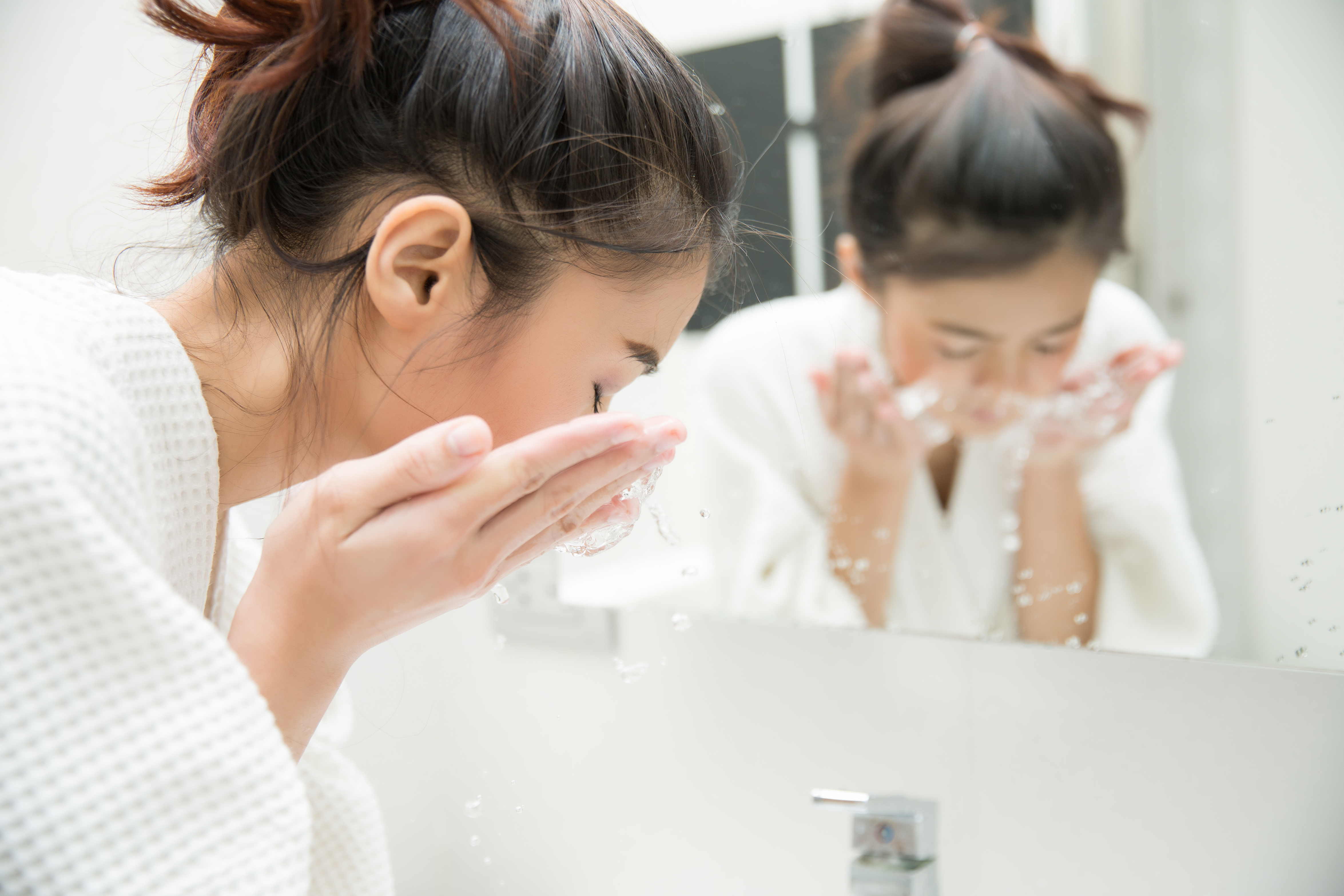People are always in search of items for their homes which they can label as `good investments` and `smart purchases`. It is crucial and practical to spend money on those household items that are not only cost effective but also provide multifold benefits to the user. One has to think long and hard before spending money on any new purchase for their house. There are countless household items that are available in the market. Therefore, it can be overwhelming when it comes to investing in and buying any of these items. Shopping for the house is indeed a difficult task.
There are some items, however, that have so many benefits that they should be bought without hesitation. Such items can be regarded as the `best investments` for the house. One of these items is the solar panel. Solar panels work on the principal of utilizing rays of the sun. The panels convert the sun rays into electricity and heat. Solar panels have proven to be a revolutionary invention. Anyone who decides to invest in a solar panel should know that these panels can provide multiple benefits to the user. Following are some of the points that prove that solar panels are in fact the best investment for your home:
- Solar panels can convert sun rays into electricity which can be utilized to operate electrical appliances around the house. This reduces the consumption of regular electricity and all of this causes a massive decrease in the monthly electricity bill. The user can save a good amount of money by investing in a solar
- The total cost of the installation of solar panels has decreased significantly during the past couple of years which makes them the best investment.
- Solar panels are environment friendly as well because unlike other sources of energy for example petroleum, these panels do not emit any greenhouse gases.
- Solar panels last for a long time.
- Not a lot of money is required for the maintenance and up keeping of solar
All of the points stated above indicate that solar panels are indeed one of the very best investments that can be made for your home. The benefits of solar panels are multidimensional. It is the need of the hour to buy things that not only provide personal benefits to the buyer but are also eco-friendly. Solar panel is one such item.



